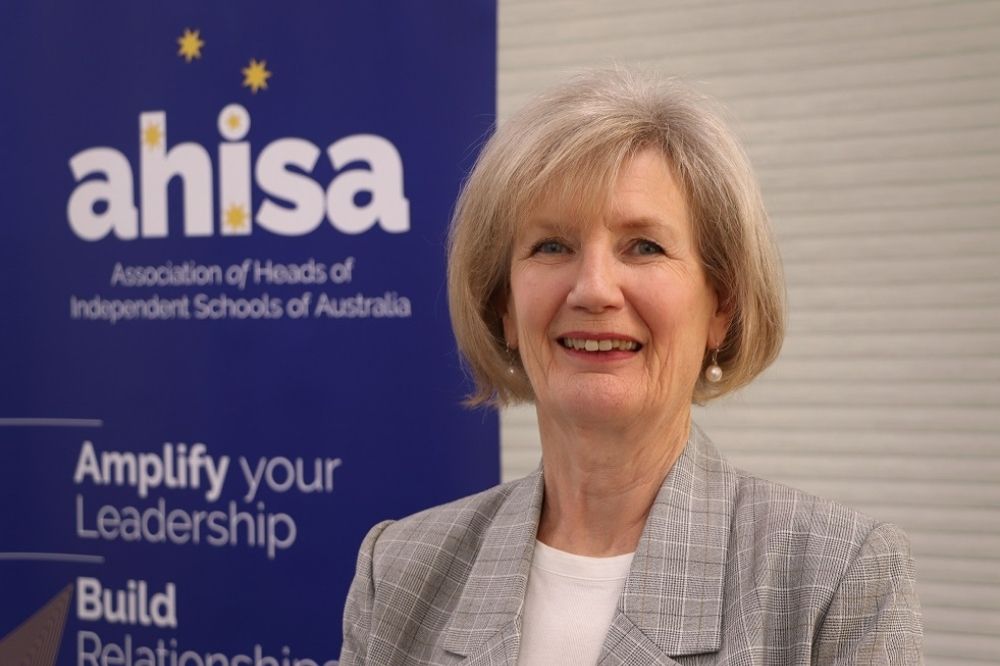
While a recent study revealed that Australia’s independent schools fared relatively well during the Covid-19 pandemic, a number of looming challenges around resourcing, mental health and education policy changes shows the sector’s leaders will need to be equally adaptive this year as they were in 2020 and 2021.
In this article, The Educator speaks to Association of Heads of Independent Schools of Australia CEO, Beth Blackwood, about what kind of year she expects 2022 to be for the sector’s leaders and how the challenges they’re facing can be overcome.
TE: Drawing from your discussions with leaders in the independent school sector, what will be the most significant health and wellbeing challenges for principals and their staff in 2022, and how are these be addressed?
The Australian Principal Occupational Health, Safety and Wellbeing Survey undertaken in 2020 showed that the COVID-19 pandemic had dramatically increased the workload of principals and their risk of burnout. Principals are now facing a third year of managing COVID risks and uncertainty while maintaining quality education provision for students. I expect fatigue will be a silent but potent enemy of school leaders this year, right across the sector. Combating that enemy will be difficult, because as yet we are not certain how that fatigue is likely to manifest. It could be emotional, intellectual, physical – or all of the above. As a professional association, we’ll be building on the resources we’ve developed for members over the past two years and making sure members stay connected to peer support through our branches and collegial hubs.
TE: Studies point to a worsening mental health and wellbeing crisis among Australia’s youth. Are there any ways in which independent school leaders can improve duty of care for their students in the year ahead?
Both the 2020 Principal Health and Wellbeing Survey and the 2020 survey undertaken by Pivot for the Coalition of Australian Principals (CAP) revealed that student health and wellbeing is a priority for principals. Independent school principals in the CAP survey reported that their top priority for investment in 2021 was in student health and wellbeing support, such as school counsellors, psychologists, social workers and mental health nurses. The anxiety that many students have experienced due to the pandemic and, for many students, the isolation from their peers – have taken a toll on students. As well as increasing students’ access to health professionals, schools are investing in programs to support students’ social and emotional learning, to help develop attributes such as resilience and the capacity for self-care.
TE: Have professional development priorities for independent school staff changed markedly since 2021, and if so, how?
COVID-19 brought new and urgent demands on teachers to develop skills in online teaching and in monitoring students’ mental health. We see these as priority areas for further development in 2022. Normally teachers undertake credentialled professional development courses which count toward their ongoing registration requirements. In 2020, teachers learnt on the run, usually from colleagues. Now, there is an opportunity for governments to support the development of free, credentialled online courses that will fill any skills gaps, provide professional recognition of this learning and form the basis for further skills acquisition. Such courses should also be freely available to students enrolled in ITE courses. Online lesson preparation and online teaching skills, and skills in monitoring and supporting student health and wellbeing, have become essential basic skills for teachers following the disruption of COVID-19. A national approach would support a rapid upskilling of the entire profession.
TE: Following on from the above, what do you see as the most important leadership priorities for independent school principals in 2022?
We have seen such rapid technological and social transformation this century that all school leaders in some form or another have had to work in the present while investing in the future. COVID-19 accelerated that change. I expect to see further innovations emerging this year in accommodating student agency and student voice – for example through self-directed learning. As well as fresh approaches in teaching and learning, we are likely to see experimentation in schools with trends that are having a big impact in post-school education, such as micro-credentialling and digital passports. In terms of school operations, independent school principals are likely to be prioritising every aspect of staff wellbeing and development. Accommodating shifting expectations and life situations among teachers has been underway for several years, but has been made more complex by COVID. We are likely to see workforce issues – whether in recruiting or retaining staff or in meeting timetabling requirements – challenging principals in all sectors.


